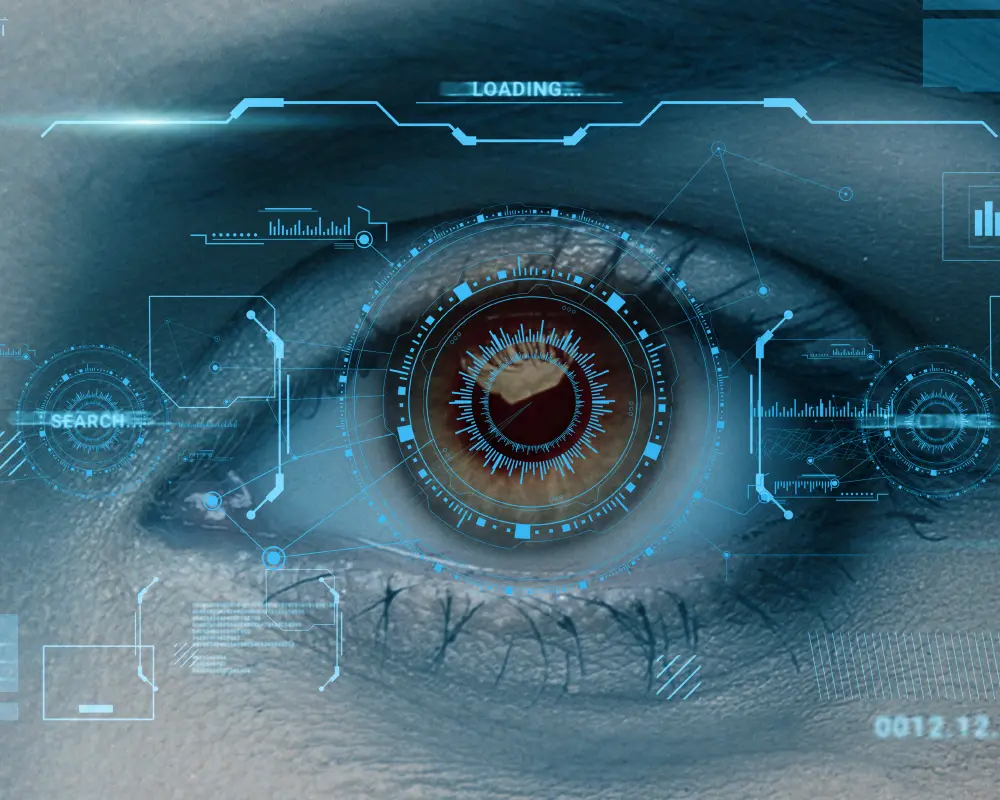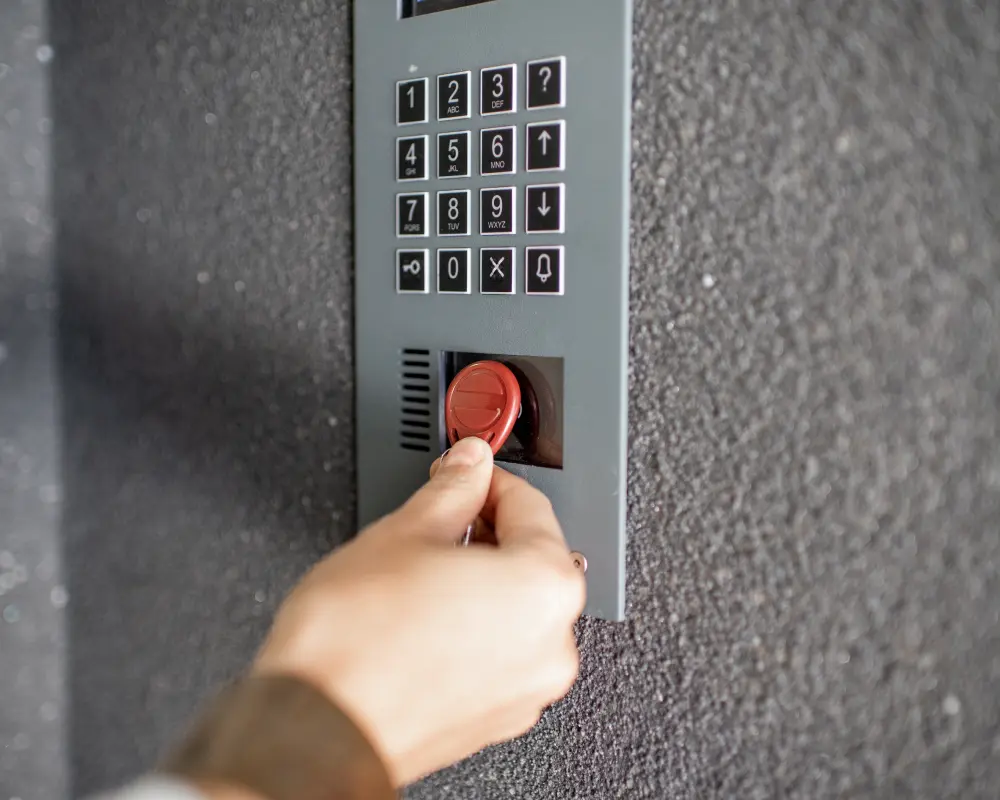
Security technology: The cornerstone of modern business operations
Security technology is imperative to modern business operations, safeguarding assets, information, and people. From traditional alarm systems to sophisticated cybersecurity measures, the range of security technology available today is extensive and varied. Advanced security technologies are continually evolving, driven by the need to address increasingly complex security challenges.
Overview of Security Technology
Security technology encompasses a broad array of tools and systems designed to monitor, detect, and counteract potential security threats. This technology is essential for businesses of all sizes, as it helps prevent theft, vandalism, and other security breaches that could have detrimental impacts on business continuity and reputation.
List of Security Technology
Several types of security technology are utilised by businesses to enhance their security protocols, including:
- Surveillance Cameras: These are crucial for monitoring business premises. Modern cameras come with features such as motion detection, night vision, and remote access.
- Access Control Systems: These systems restrict entry to designated areas within a business. Technologies range from simple pin-entry systems to advanced security technologies like biometric scans.
- Intrusion Detection Systems: These systems alert business owners or security personnel about unauthorised attempts to access or breach business premises.
- Firewall Protection: An essential component of network security, firewalls protect internal business networks from unauthorised external access.
- Cybersecurity Software: This includes antivirus software, anti-malware, and ransomware protection tools that are fundamental for protecting a business’s digital assets.
- Physical Security Barriers: Including bollards, security gates, and reinforced glass, these can deter or delay entry to a facility.
- Motion Sensors: Often integrated with other systems, they can trigger alarms or camera recordings when movement is detected in specific areas.
Devices Used in Security for Businesses
The devices used in security technology play diverse roles, from prevention and detection to response management. Key devices include:
- Alarms: Sound-based or silent alarms that notify security services or business owners of a breach.
- CCTV Systems: Closed-circuit television systems that provide live or recorded video footage of a business’s premises.
- Smart Locks: These locks use advanced security technologies to enable keyless entry and can often track who enters or leaves a space.
- Network Security Appliances: These appliances can include unified threat management (UTM) devices that integrate multiple security features like firewall, anti-spam, and intrusion prevention systems.
- Security Lighting: Often overlooked, proper lighting can be a significant deterrent to unauthorised entry, especially when combined with motion detection technology.

Importance of Advanced Security Technologies
Advanced security technologies are crucial for several reasons:
- Enhanced Protection: They offer more sophisticated, multi-layered security solutions that are difficult for intruders to bypass.
- Scalability and Flexibility: Businesses can scale these technologies to match their growth and adapt them as threats evolve.
- Integration Capabilities: Many advanced security technologies can be integrated into broader security or operational systems, providing comprehensive oversight and control.
- Automated Responses: Some systems can automatically respond to detected threats, such as locking down certain areas or systems.
Why is it Best to Ensure High-Quality Security Technology?
Investing in high-quality security technology is essential for several reasons:
- Reliability: Superior technology is less likely to fail when you need it most.
- Cost-Effectiveness: Initially, more expensive systems may seem like a high outlay, but over time they are cost-effective due to lower maintenance costs and higher durability.
- Reputation: Effective security measures can enhance a business’s reputation, demonstrating a commitment to protecting customer and client data.
Why Choose Advanced Security Technologies from a Trusted Provider?
Choosing advanced security technologies from a reputable provider ensures that businesses receive the latest in security innovations backed by reliable support and service. Trusted providers offer:
- Expert Installation: Ensuring that systems are installed correctly for optimal functionality.
- Ongoing Support: Offering maintenance and updates to keep security systems effective against new threats.
- Customised Solutions: Tailoring systems to meet the specific needs of the business environment and challenges.
It is imperative for businesses to invest in advanced security technologies. By employing a comprehensive array of security technology, businesses can protect themselves against a diverse range of threats, safeguarding their assets, data, and personnel. Ultimately, the peace of mind provided by robust security systems allows businesses to focus on growth and innovation, secure in the knowledge that their security needs are comprehensively managed.
Follow us on Facebook and LinkedIn, or read more posts here.

